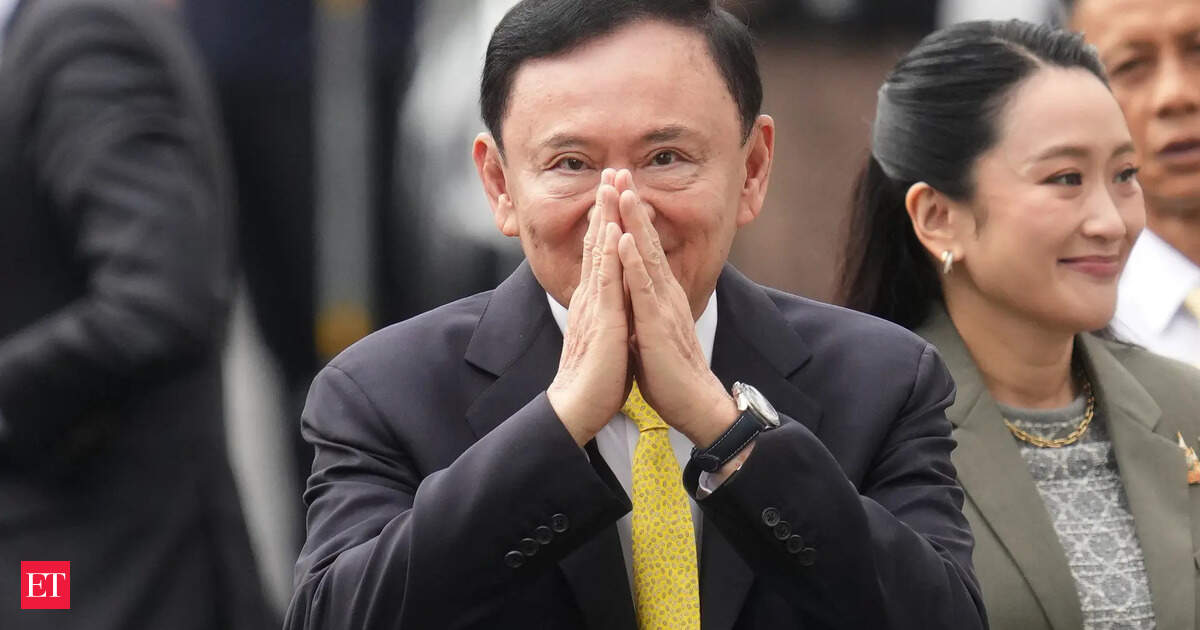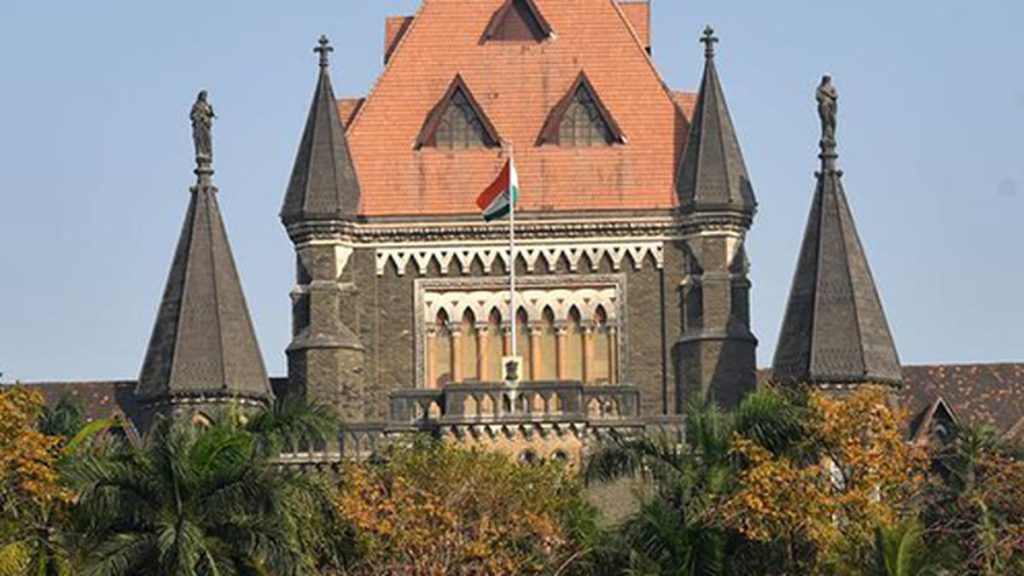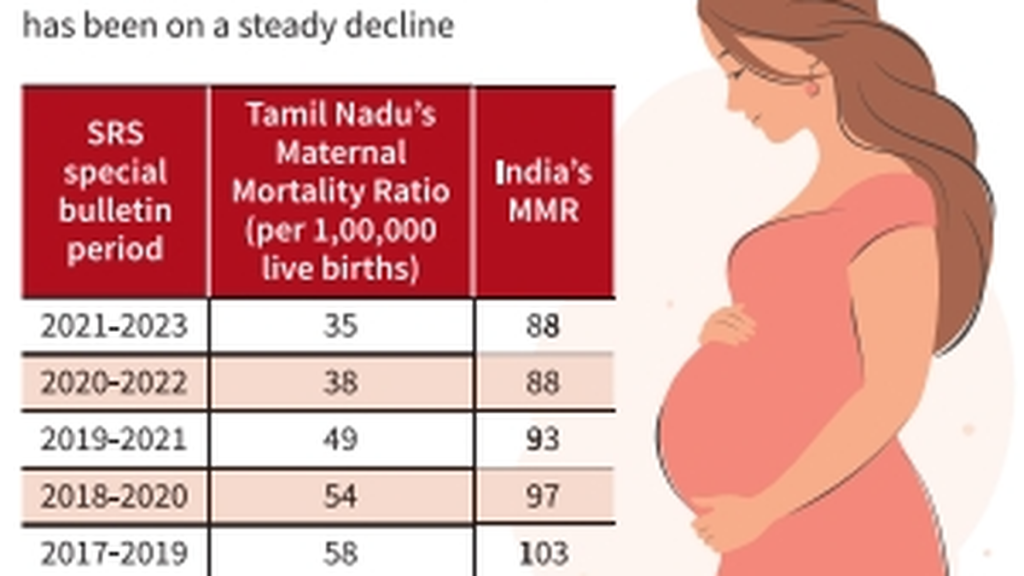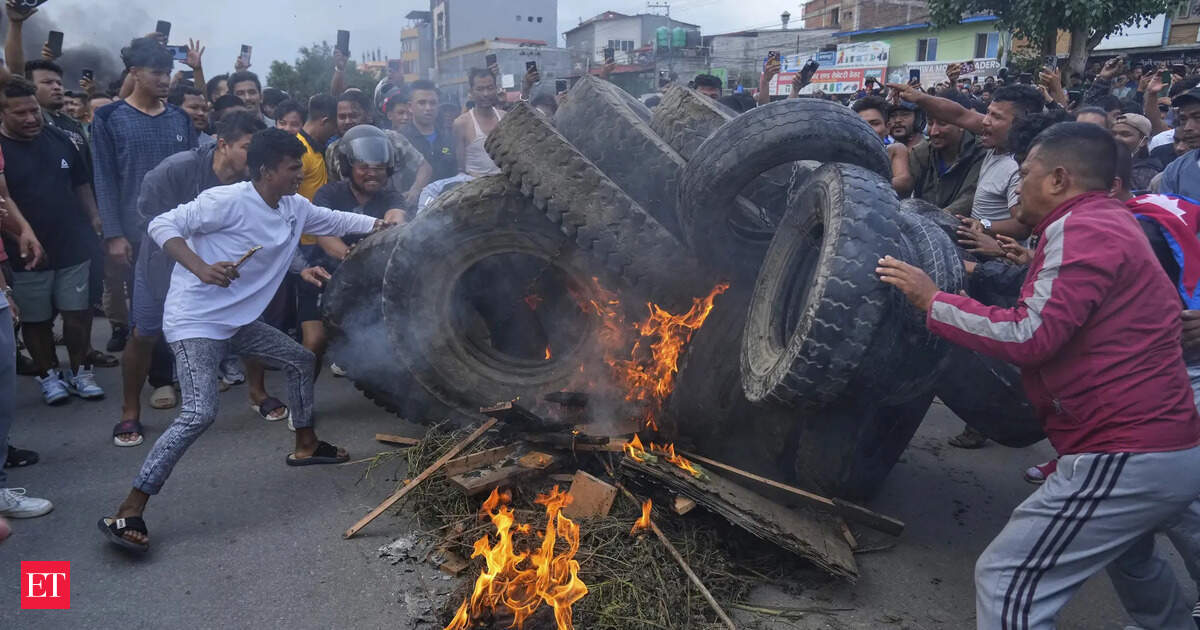Now Reading: Thaksin’s Jail Term Deepens Thailand’s Political Turmoil
-
01
Thaksin’s Jail Term Deepens Thailand’s Political Turmoil
Thaksin’s Jail Term Deepens Thailand’s Political Turmoil

Rapid Summary
- thaksin Shinawatra, former Thai prime minister, was ordered to serve one year in prison after a prolonged legal saga.
- Thaksin transformed Thai politics with populist policies that won rural loyalty but lead to opposition from Thailand’s elites.
- He was elected prime minister twice, ousted in a 2006 coup, and spent years in exile while facing corruption charges.
- On August 22, 2023, Thaksin returned to Thailand and was welcomed by supporters on the same day his Pheu thai party regained office.
- Arrested upon return, he received an eight-year jail sentence reduced to one year by royal decree. He later avoided much of the jail term due to health issues.
- The Supreme Court ruled that he had not served his sentence properly and ordered him back behind bars for another one-year term.
- His daughter Paetongtarn served briefly as prime minister before being dismissed over a border dispute. Pheu Thai is now in opposition under new Prime Minister Anutin Charnvirakul.
Indian Opinion Analysis
Thaksin Shinawatra’s political journey highlights key challenges faced by leaders blending populist strategies with entrenched systems of elite power structures-an issue relevant not just globally but also regionally for India.His trajectory-from transformative leadership appealing to rural masses thru developmental programs-shows both the promise and peril of such initiatives when combined with concerns about governance practices like corruption or authoritarianism.
For India-a neighbor deeply engaged in Southeast Asia’s geopolitics-his case underscores the delicate balance between electoral democracy’s volatility and stable governance structures amid competing interests (rural vs urban or elite vs populism). With rising global acknowledgment of grassroots-focused policymaking balanced against risks tied often overstepping legit checks pivotal insight observed making future domestic policies here impactful approaches engaging socially divided upviewpoints

























